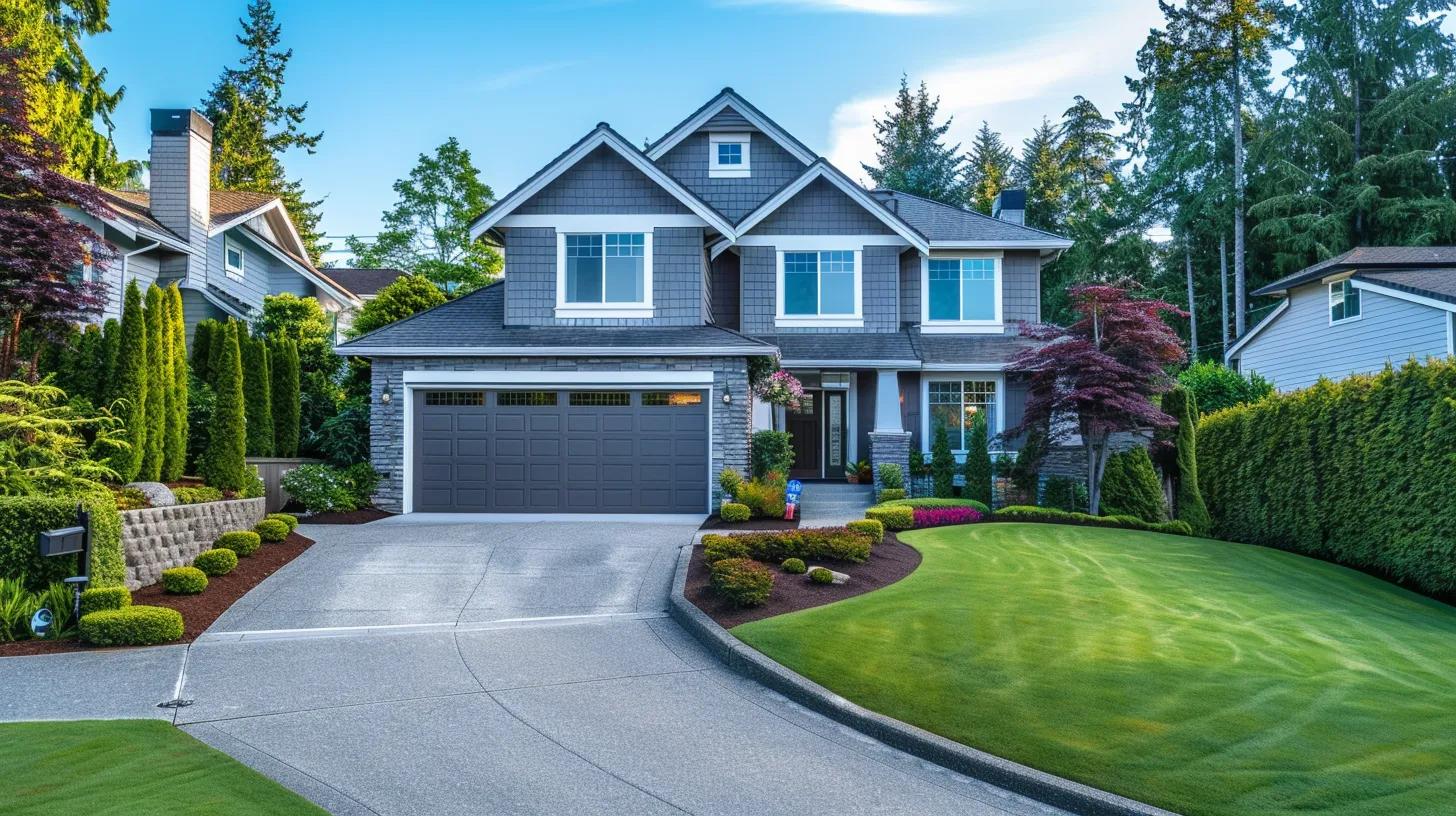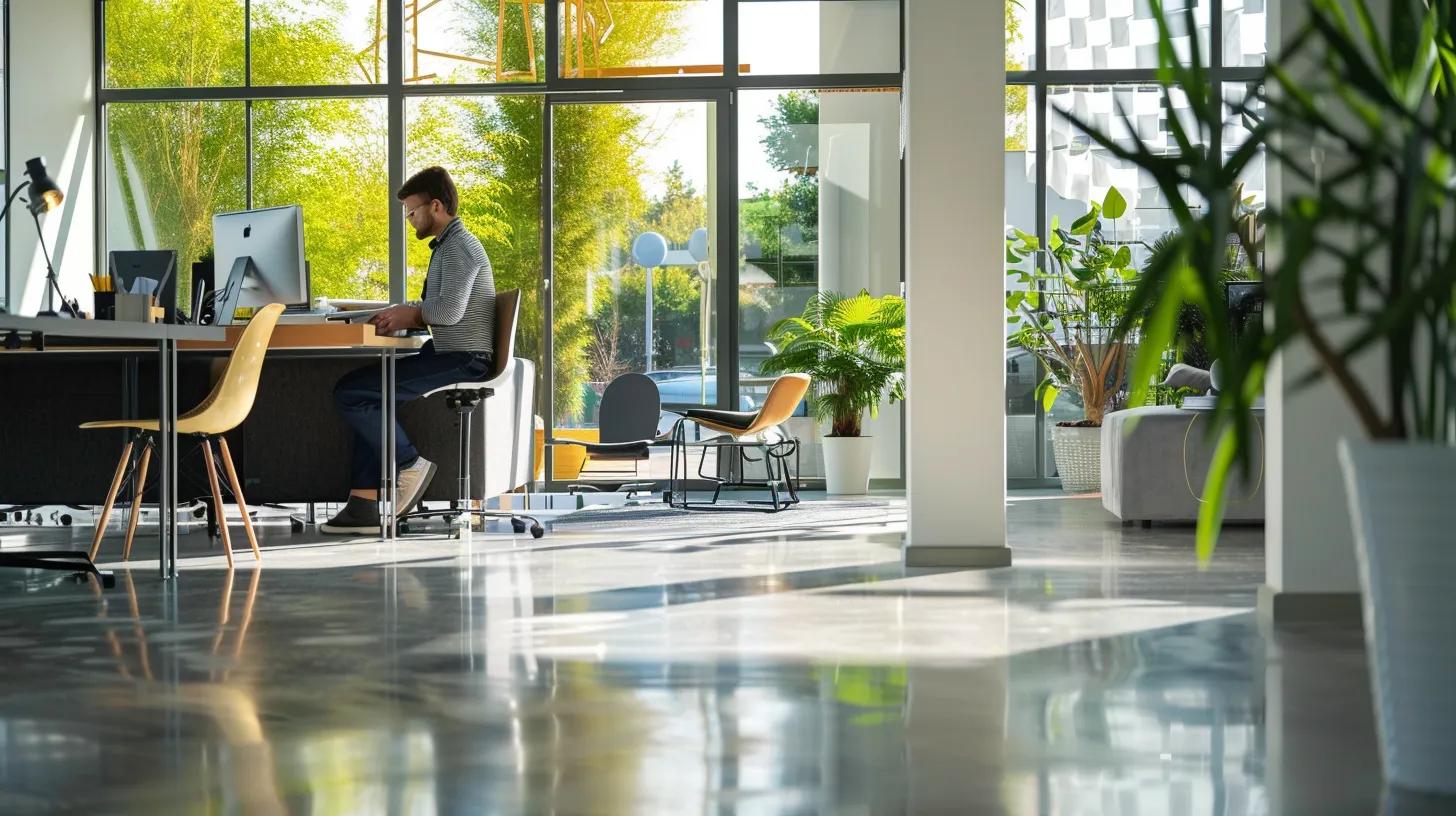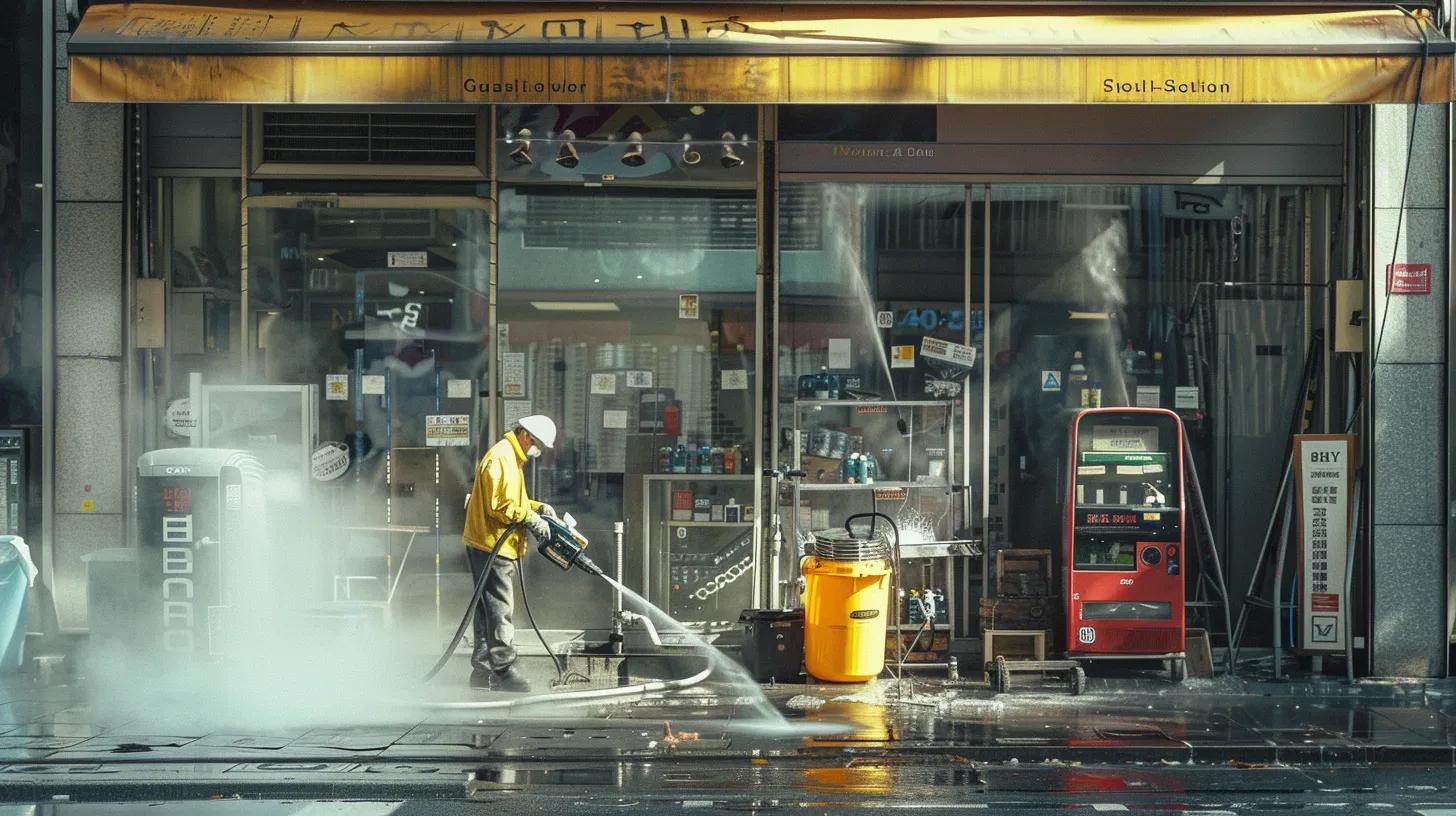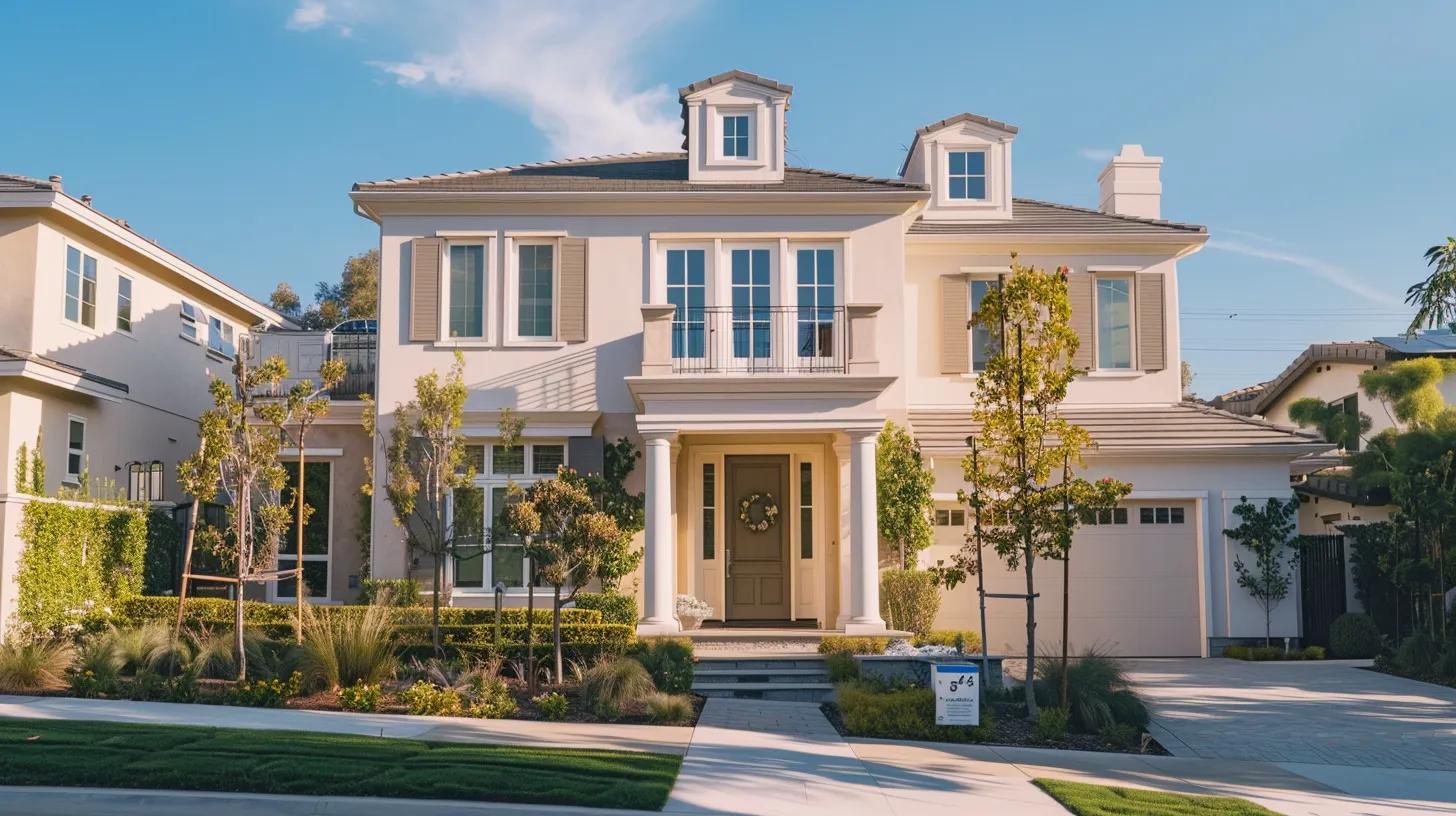Pressure Washing vs Traditional Cleaning: The Advantages
Pressure washing, including house washing for residential exteriors, is a modern, efficient method for cleaning exterior surfaces that addresses the limitations of traditional manual cleaning. Homeowners and property managers in the Phoenix, AZ area—especially those concerned with risk, algae, water damage, and curb appeal—are increasingly choosing pressure washing for its superior results. This article explains what pressure washing is, how it works, compares it to manual cleaning methods, outlines its benefits for residential properties, and guides homeowners in selecting the right service provider.
What Is Pressure Washing and How Does It Work?
Pressure washing uses a high-pressure water stream to remove dirt, grime, mold, mildew, and other debris from surfaces. By blasting surfaces with water at pressures often exceeding 2,000 psi, the water disrupts contaminant adhesion and lifts them away, resulting in a cleaner, refreshed appearance.
What Equipment and Techniques Are Used in Pressure Washing?
Equipment for pressure washing includes gasoline or electric machines, specialized nozzles, hoses, and attachments designed for particular surfaces. Modern systems offer adjustable pressure settings and chemical injectors that mix cleaning agents with water. Technicians typically employ sweeping and oscillating techniques to ensure a uniform clean while targeting stubborn stains.
Which Surfaces Can Be Cleaned Effectively With Pressure Washing?
This method works well on many hard surfaces such as concrete driveways, stucco walls, brick, wood decks, vinyl siding, and metal. The pressure applied is tailored to each material—lower pressure for delicate items like wood and higher pressure for tougher surfaces like concrete—to prevent damage.
How Does Pressure Washing Remove Dirt, Grime, Mold, and Mildew?
The combination of high kinetic energy and water volume disrupts the bond between contaminants and surfaces. When cleaning agents are added, the process further breaks down compounds like mold and mildew, resulting in a sanitized finish and enhanced curb appeal.
What Are Traditional Cleaning Methods and Their Limitations?

Traditional cleaning involves brushes, brooms, and manual scrubbing with detergents. These methods rely on hands-on labor, often struggle with deeply embedded dirt, and may leave behind residues that can quickly re-accumulate.
What Manual Cleaning Techniques Are Commonly Used for Exterior Surfaces?
Common techniques include using a hose with a brush, mopping with mild detergents, or applying bleach. Some homeowners use low-pressure sprayers, which lack the force necessary for effective cleaning on large or heavily soiled surfaces, resulting in variable outcomes.
What Challenges Do Homeowners Face With Traditional Cleaning?
Manual cleaning is labor-intensive and time-consuming. It may not fully remove deep-seated stains, can lead to physical strain, and sometimes causes surface damage from repeated scrubbing. Over time, these methods may wear away protective coatings, leaving surfaces vulnerable to water damage.
How Do Traditional Cleaning Methods Impact Surface Protection and Maintenance?
Repeated manual cleaning can erode protective seals on surfaces like stucco or wood, accelerating deterioration. Inconsistent cleaning leaves behind contaminants that can cause rapid re-soiling and may lead to increased maintenance and repair costs.
How Does Pressure Washing Compare to Traditional Cleaning?
Pressure washing is designed for efficiency and effectiveness. It offers a uniform cleaning process that minimizes labor while enhancing overall results compared to traditional methods.
Which Method Is More Effective at Removing Tough Stains and Buildup?
Thanks to adjustable pressure settings and targeted cleaning, pressure washing can remove tough stains, algae, mold, and mildew far more effectively than manual scrubbing. It can significantly reduce surface contaminants, leaving a cleaner finish that traditional methods often struggle to achieve.
How Do Pressure Washing and Traditional Cleaning Differ in Cost and Time?
Although professional pressure washing may have higher upfront service costs compared to buying cleaning supplies, it reduces cleaning time by as much as 50–70% and saves on long-term repair and maintenance expenses. The efficient use of water and labor makes it a cost-effective option over time.
Is Pressure Washing Safer for Home Surfaces Than Traditional Cleaning?
When performed by trained professionals, pressure washing is safe for most surfaces. Technicians adjust pressure settings to suit each material, avoiding scratches or undue wear that can occur with manual cleaning using abrasive tools.
What Are the Environmental Impacts of Pressure Washing Versus Traditional Cleaning?
Modern pressure washing systems often recycle water and use biodegradable cleaning solutions, reducing environmental impact. In contrast, traditional cleaning can lead to excess water runoff and the frequent use of harsh chemicals, which may disrupt local ecosystems.
What Are the Top Benefits of Pressure Washing for Homeowners?

Pressure washing not only improves the appearance of a home, it also protects surfaces and extends their lifespan. Its advantages include increased curb appeal, preservation of materials, and long-term cost savings.
How Does Pressure Washing Improve Curb Appeal and Property Value?
By eliminating years of built-up dirt, mold, and pollutants, pressure washing instantly revitalizes a home’s exterior. Enhanced driveways, patios, and siding contribute to greater curb appeal and can add up to a 10% increase in property value over time.
In What Ways Does Pressure Washing Protect Surfaces From Damage?
Removing harmful substances prevents corrosion and decay. A clean surface is less likely to suffer from water damage or structural deterioration, thereby reducing the likelihood of costly repairs later on.
How Does Pressure Washing Contribute to a Healthier Living Environment?
Pressure washing significantly reduces allergens, mold spores, and bacteria on exterior surfaces. This promotes better indoor air quality and supports a healthier living environment for residents.
Can Pressure Washing Lead to Long-Term Cost Savings for Homeowners?
Although the initial service cost may be higher, pressure washing lowers overall maintenance expenses. By extending the life of cleaning surfaces and delaying the need for major repairs or repainting, homeowners experience long-term financial benefits.
Which Pressure Washing Services Are Most Popular for Residential Properties?
Residential pressure washing is versatile, serving various exterior surfaces with specialized services designed for different cleaning needs.
What Are the Advantages of DrivewayPressure Washing?
Driveways are prone to oil stains and debris that create slip hazards. Regular pressure washing restores a smooth, attractive surface and enhances overall safety by removing harmful buildup that could deteriorate concrete.
How Does PatioPressure Washing Enhance Outdoor Living Spaces?
Cleaning patios with pressure washing removes weathered stains and algae, creating an inviting and hygienic area for outdoor gatherings. It rejuvenates stone, concrete, and paver surfaces, making them more functional and visually appealing.
Why Is SidingPressure Washing Important for Home Upkeep?
Siding accumulates dust, mold, and algae that can lead to discoloration and decay. Pressure washing cleans and prepares siding for repainting if needed, while also preventing long-term damage and preserving the home’s aesthetic appeal.
What Benefits Does RoofPressure Washing Provide?
Roofs are cleaned of debris, moss, and algae that may compromise their integrity. A clean roof not only maintains a home’s appearance but can also reduce cooling costs and prevent potential leaks or insulation issues.
How Can Homeowners Choose the Right Pressure Washing Service?

Choosing a reputable pressure washing provider is vital for safe, efficient, and cost-effective cleaning.
What Factors Should Homeowners Consider When Selecting a Pressure Washing Provider?
Homeowners should consider a provider’s experience, licensing, insurance, customer reviews, and range of services. It is important to choose a company known for successful projects in the Phoenix area that uses modern, eco-friendly equipment and offers transparent pricing.
How Do Trained Technicians Ensure Safe and Effective Pressure Washing?
Experienced technicians adjust pressure based on surface type and use specialized nozzles and cleaning agents for optimal results. Their training includes strict safety protocols to avoid accidents and prevent water damage.
What Questions Should Homeowners Ask Before Hiring a Pressure Washing Company?
Key questions include inquiries about the company’s experience with similar properties, specific cleaning techniques, guarantees or post-service inspections, cost breakdowns, insurance coverage, and references. These questions help ensure that homeowners receive reliable and high-quality service.
What Are Common Questions About Pressure Washing vs Traditional Cleaning?
As more homeowners opt for professional pressure washing, common questions arise about its performance, safety, and environmental impact.
How Much Does Pressure Washing Typically Cost for Homeowners?
Pressure washing costs typically range between $200 and $600 per service, varying with property size and surface type. These rates reflect the usage of professional equipment and skilled labor.
Is Pressure Washing Safe for All Types of Home Surfaces?
When correctly applied, pressure washing is safe for most hard surfaces. However, surfaces such as aged wood or soft stone may require extra caution due to their delicate nature.
How Often Should Homeowners Schedule Pressure Washing Services?
Most homes benefit from pressure washing every 1 to 2 years, depending on environmental factors and usage patterns. Regular cleaning helps maintain both curb appeal and surface protection.
What Is the Difference Between Pressure Washing and Power Washing?
Pressure washing uses high-pressure water, while power washing incorporates heated water to tackle oily stains more effectively. Homeowners should select the method that best suits their specific cleaning needs.
Frequently Asked Questions
Q: How does pressurewashing impact the longevity of exterior surfaces? A: Pressure washing removes contaminants that cause deterioration, extending the life of surfaces and reducing future repair costs.
Q: Can eco-friendly cleaning agents be used during pressurewashing? A: Yes, many companies now use biodegradable agents to ensure efficient cleaning while minimizing environmental impact.
Q: What safetymeasures are in place during a pressurewashing service? A: Professional technicians follow strict safety protocols, including proper pressure adjustments, secure footing, and the use of protective gear.
Q: Do pressurewashing services require special maintenance afterward? A: Regular inspections and occasional touch-up cleaning are recommended to keep washed surfaces in top condition.
Q: Can pressurewashing remove stubborn paint stains effectively? A: Yes, when paired with the correct cleaning agents, pressure washing can remove layered paint stains without damaging the substrate.
Final Thoughts
Pressure washing offers a highly effective, efficient alternative to traditional cleaning methods. By leveraging advanced equipment and expert techniques, it enhances curb appeal, safeguards surfaces, and promotes a healthier living environment. With significant long-term cost savings and a reduced environmental footprint compared to manual cleaning, pressure washing is an excellent investment for maintaining and improving your property. Homeowners are encouraged to explore this modern cleaning solution when planning their next exterior maintenance project.




